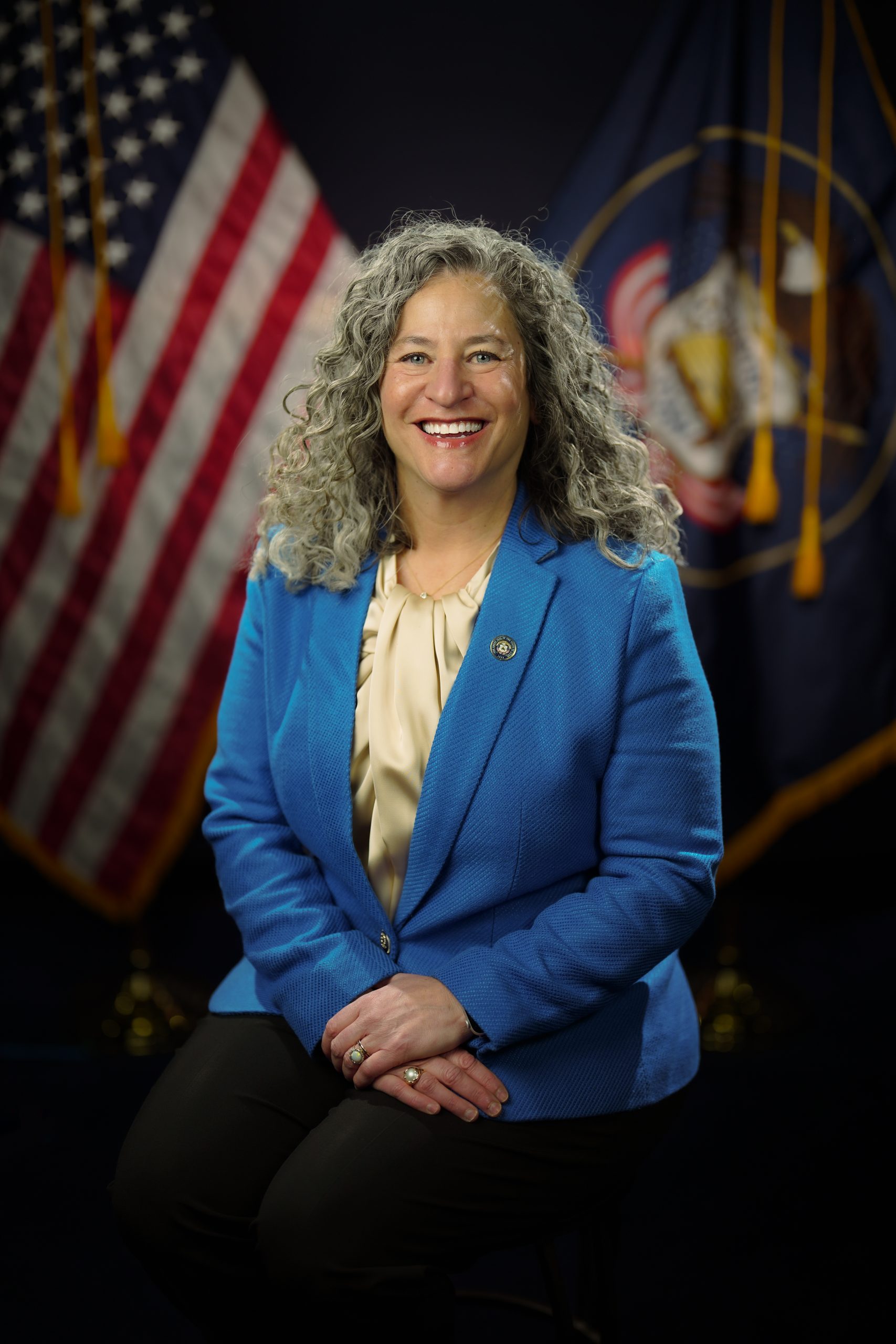Dr. Katelyn Jetelina, epidemiologist and CEO of Your Local Epidemiologist, shares how her public health newsletter helps to educate readers about the policies and science impacting public health today; Tracy Gruber, executive director of the Utah Department of Health and Human Services...
Dr. Katelyn Jetelina, epidemiologist and CEO of Your Local Epidemiologist, shares how her public health newsletter helps to educate readers about the policies and science impacting public health today; Tracy Gruber, executive director of the Utah Department of Health and Human Services, explains how the state’s new behavioral health commission works to connect its fragmented mental health infrastructure; ASTHO will host a webinar on Wednesday, July 30, to teach participants how to navigate the new suicide prevention infrastructure legal maps; and a new ASTHO resource can help jurisdictions promote public health and avoid adverse childhood experiences by prioritizing economic support policies.
Utah Behavioral Health Master Plan
ASTHO Webinar: State and Territorial Infrastructure for Suicide Prevention: Exploring New Legal Maps
ASTHO Web Page: Prioritizing Economic Support Policies to Prevent ACEs and Promote Public Health
SUMMER JOHNSON:
This is the award-winning Public Health Review Morning Edition for Tuesday, July 29, 2025. I'm Summer Johnson. Now, today's news from the Association of State and Territorial Health Officials.
KATELYN JETELINA:
It's an immense honor to land in people's inboxes. I feel like that's a very personal thing right next to their bank account statements, but it seems to be filling a large gap out- out in the universe, and I'm happy to help fill it.
JOHNSON:
Your Local Epidemiologist is the title of a public health newsletter that aims to educate readers about public health by breaking down the policies and science that impact it. Epidemiologist and CEO of the newsletter, Dr. Katelyn Jetelina, shares more.
JETELINA:
Health communication or risk is both the combination of outrage times hazard. So, basically, how worried people are about something, but also what is the risk of something, as well. And so sometimes a lot of reader questions is outrage or questions or confusion, and I try to answer those from a place of empathy.
JOHNSON:
The newsletter balances what readers need to know with what they want to know by focusing on what they can do with the information.
JETELINA:
How does this help the individual that is getting the newsletter, not necessarily what I, as an epidemiologist or scientist, find that's fascinating, but really rooted in action and empowerment of that reader.
JOHNSON:
Jetelina says the role of communication in public health continues to evolve.
JETELINA:
Most of the time, communication is just seen as this stepchild that may or may not get funded, that may or may not be important, but it really needs to be baked in, into everything we do and at the forefront.
JOHNSON:
To learn more about Your Local Epidemiologist, you can check out the newsletter by clicking the link in the show notes. We'll have more from Dr. Jetelina on tomorrow's show.
The Utah Department of Health and Human Services created a behavioral health commission to connect the state's fragmented mental health infrastructure. Tracy Gruber is the executive director of the Utah Department of Health and Human Services. Gruber explains how other states can learn from Utah's approach.
TRACY GRUBER:
I think the establishment by the Utah legislature, under our guidance, to have a Behavioral Health Commission, of which we are one partner, along with the private sector and the public mental health system, is our key solution to creating that comprehensive behavioral health system with a centralizing body.
JOHNSON:
Gruber says the new system allows the state to provide early treatment more efficiently.
GRUBER:
We've made a lot of progress in early intervention through coordination of specialty care for patients experiencing first-episode psychoses, and we're working to expand the use of that model throughout the state.
JOHNSON:
To address workforce changes, Gruber says Utah is leveraging all licenses and skill sets.
GRUBER:
We had a comprehensive review of licensure for all of the behavioral health licenses, and trying to design a system that that allows people to work at the top of their licensure, but also eliminate barriers for other components for licensure, so that there's a clearer pathway.
JOHNSON:
You can head to the link in the show notes to read more about Utah's new behavioral health system.
On deck this week, tomorrow, Wednesday, July 30, at 2 p.m. Eastern, ASTHO will host a new webinar training on navigating the new suicide prevention infrastructure legal maps. You can learn how map insights can inform policy, development, advocacy, strategies, and program implementation. Just sign up for the webinar using the link in the show notes.
Finally, today, a new ASTHO resource can help states and territories promote public health and avoid adverse childhood experiences by prioritizing economic support policies. Check out the link in the show notes for more policy resources that can help your jurisdiction meet its specific public health goals.
That'll do it for today. We're back tomorrow morning with more ASTHO news and information. I'm Summer Johnson, you're listening to the award-winning Public Health Review Morning Edition, have a great day.






